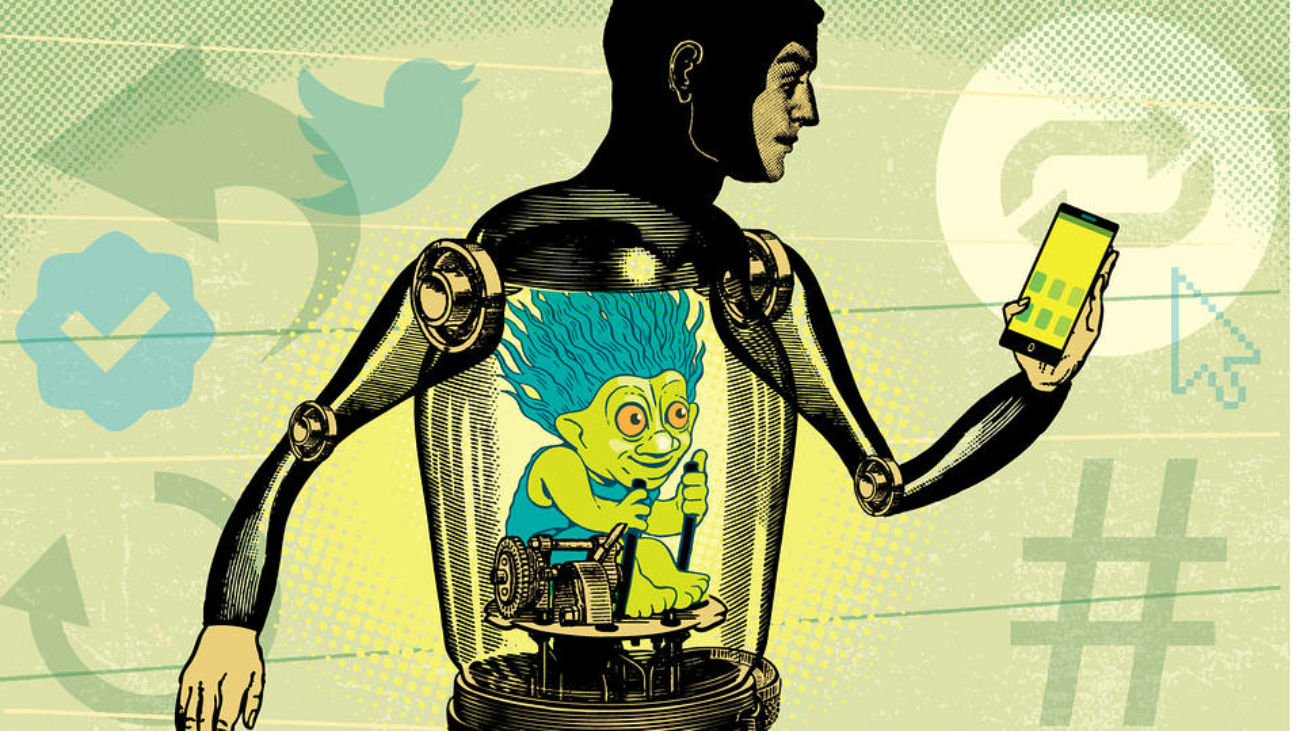A site published by the Norwegian public broadcaster NRK just rolled out a system that gives readers a brief multiple-choice quiz about the contents of an article—proving they really read it—before allowing them to comment.

Stuart McIntyre
Social Business strategist, podcaster, blogger, founder of Social Connections and conference speaker
